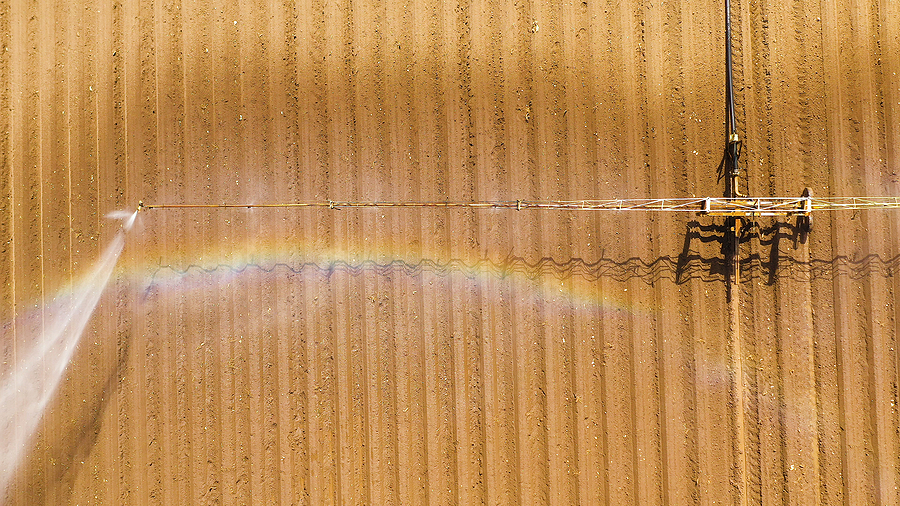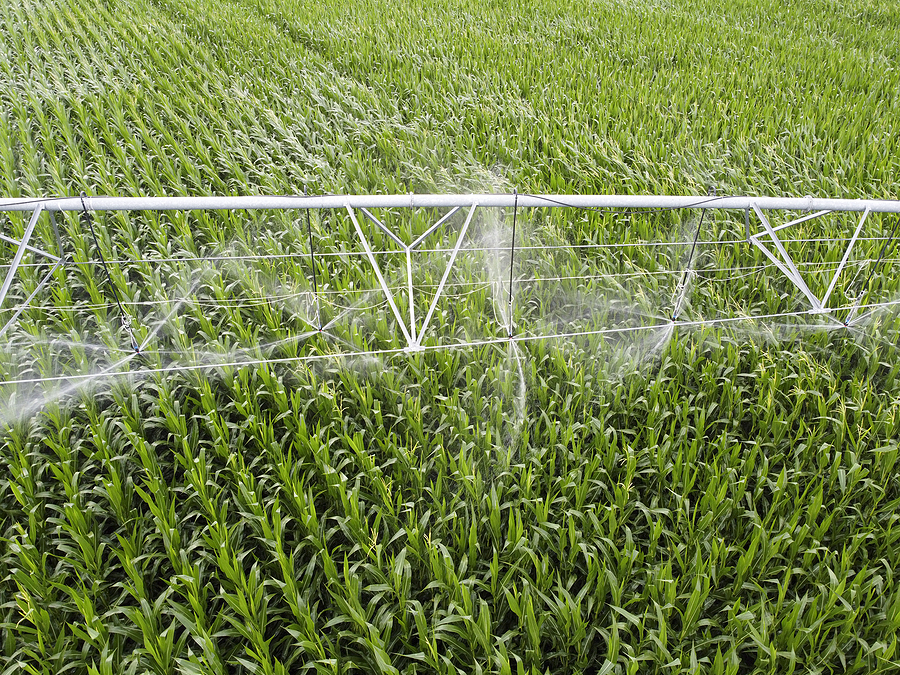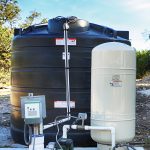When it comes to farming and gardening, you can’t rely on public water for irrigation. Water bans and price hikes can decimate your bottom line if you are a commercial farmer and ruin your crops if you are a residential gardener. To truly take control of your water supply, irrigation well drilling is essential. Let’s explore some of the most common questions people have when considering an irrigation well. 
Can I Drill On My Property?
First thing’s first. Can you actually undergo irrigation well drilling at your location? This takes a bit of research to find out. The best way to get more information is heading straight to a water well professional. Look for a well drilling company that knows the geology of your area and has access to government records. They will be able to conduct an initial assessment of your area to determine if irrigation well drilling is possible. Once it’s determined that your area could potentially support a water well, it’s time to drill a test hole. This gives more information on the soil composition at different depths and the aquifer quality. It’s a good idea to take the information provided by your well driller to a geologist to make a final determination. With irrigation wells, special consideration should be taken for the amount of water you will require to sustain your crops.
Legal Requirements
Once you’ve determined if your property is suited for an irrigation well, it’s time to settle legal matters. Most states require a permit for irrigation well drilling. Consult with your well drilling company to obtain the required paperwork from the Department of Natural Resources in your state. In some situations, states impose limits on the volume of water you can pump over time. Be sure to keep that in mind when planning how you will set up your crops and how much water they require.
The Best Time To Drill
You might be wondering when the best time to drill the well is. The answer is ‘any time outside of spring.’ The warm and wet soil of the springtime is not conducive to safely drilling a structurally sound water well. It’s also important that you plan out the project so construction can take place after you’ve harvested your crops. It takes about two months to fully plan and have the irrigation well drilling process completed, so plant and harvest your crops accordingly.
How Long Do Wells Last?
Irrigation well drilling is an investment that can pay off for years to come. If you regularly have your well inspected and maintained regularly, it could last from 30-40 years before you start encountering major issues.
Water Quality Testing
You need to maintain your water well in two ways, its physical condition and the quality of the water. Once you’ve had your well drilled, you should immediately have the quality of your water tested and remedied if any issues are found. Regularly schedule follow up inspections for the well and water quality to ensure safe drinking water and that you are getting the most out of your investment.

Irrigation Well Drilling Experts
If you want to have an irrigation well drilled, you’ll need to go to the best in the business. A1 Drilling and Pump Service is an expert well drilling company with 4 generations of experience. Well drilling is just one of many services offered to make your life easier. Available 24 hours a day and 7 days a week, A1 Drilling and Pump service is always ready to provide expert service. Whether you are looking to install a new home water well or repair the one you already have, A1 Drilling and Pump Service has you covered. Contact us today to take control of your water supply.





